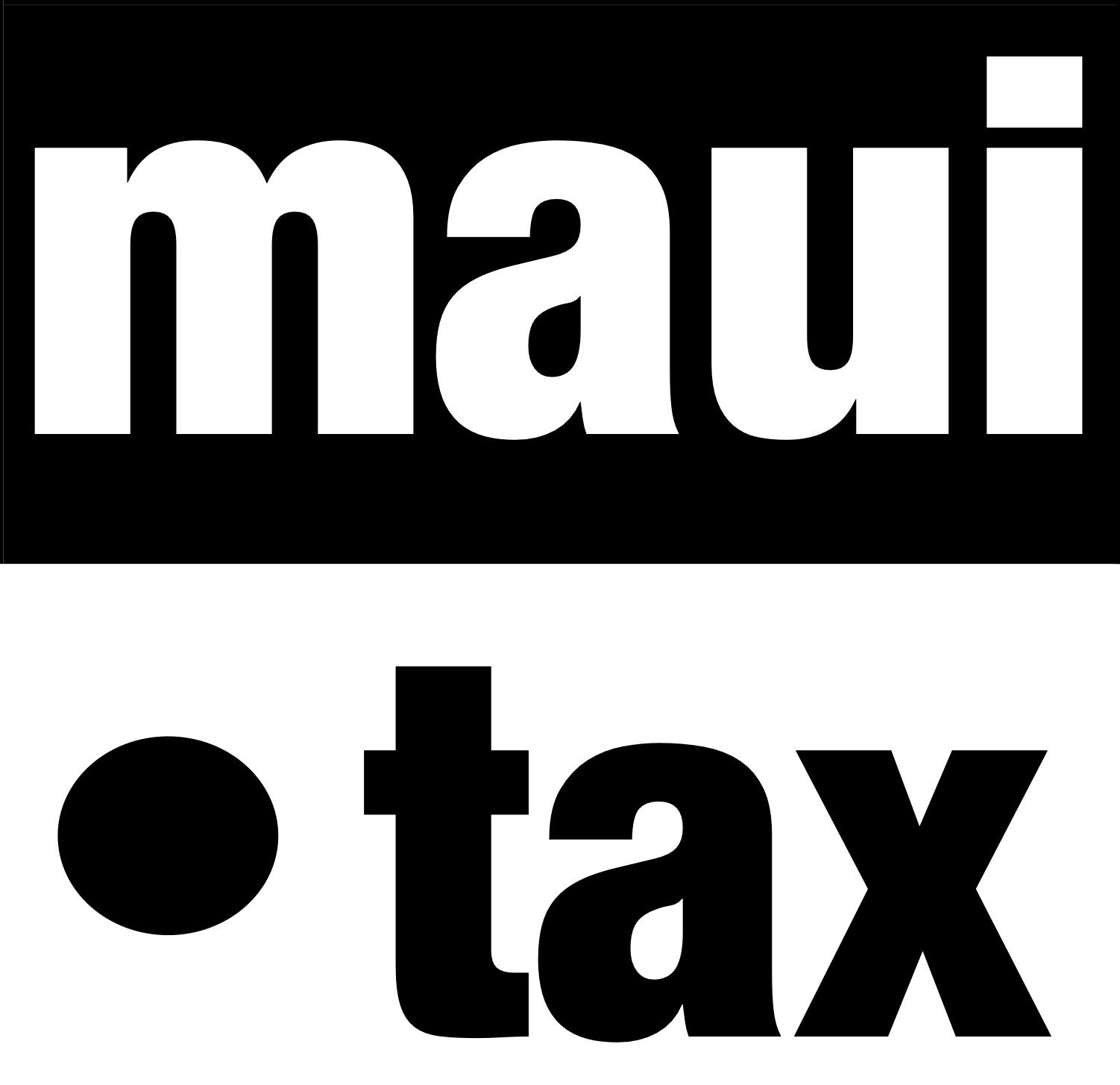The 1-2-3 on Hawaii GET
The General Excise Tax (GET) applies to just about every transaction in Hawaii. Although it is frequently described as “not being a sales tax” - the GET tax is basically a sales tax with one very big difference: It applies to basically everything and almost no person or business is exempt from it. Unlike sales taxes in other states, the Hawaii GET applies to everything from groceries to rents and even medical services. If you are receiving money in a business transaction of any kind selling to an end user in the state of Hawaii: you owe the state 4% of the amount of the transaction. Period. If you are in a wholesale chain (not selling to the ultimate consumer of the good/service) you will owe 0.5% Yes, there are a very few exceptions to this. If you are wondering if you fall into one of them, you very likely do not.
If you are operating a rental property or other small business in Hawaii and are not paying GET, sooner or later you will get a letter. That letter could contain some very disturbing news
.
There are four major islands in Hawaii - three of them have different GET rates
Oahu 4.50%
Kauai 4.50%
Big Island 4.25%
Maui 4.00%
There is an additional tax called the Transient Accommodation Tax (TAT) which is due on real estate rentals for terms less than 180 days. The TAT tax rate is 10.75% in Oahu and 10.25% on all other islands. If you own rental real estate in Hawaii and rent your property for periods of less than 180 days you will owe both TAT and GET on all gross rents collected.
What happens when you don’t pay?
For many years the answer to that question was… sometimes, nothing.
Many out of state residents owned rental property in Hawaii for years and never knew they owed these taxes. Or, since collection of the taxes was never enforced, simply didn’t pay them. Hawaii residents have exhibited historically high rates of non-compliance GET/TAT laws as well. When enforcement was lax and unpredictable, avoiding consequences of was common.
That’s about to change.
Hawaii has been slow to enter the 21st century in areas such as information technology and government operations. But we’re getting there. The State Dept. of Taxation is nearing the completion of a five-year upgrade on its web operations and the IT systems which enable more efficient and uniform tax collection. Many taxpayers - particularly non-Hawaii residents who rent properties they own in the islands - go for years without paying these taxes. Increasingly, letters containing enormous tax bills are landing in their mailboxes.
With access to new data and collection techniques previously unavailable to them tax collectors in Honolulu are on the warpath. Currently, they are engaged in an series of epic court battles with companies like Airbnb attempting to get information on their customers.
As the Hawaii State Department of Taxation begins to gain appreciation of the power these new tools afford them to collect unpaid taxes…they are stepping up enforcement on GET/TAT as well as the related delinquent income tax returns frequently due from out of state residents.
So… where DO they get those huge numbers?
If you’ve been collecting $30 thousand a year in rent for 5 years and never paid GET/TAT, this is what you’re looking in tax liability (example based on Maui County property).
$150,000 in revenue (tax is due on receipts not profits) creates the following liability
$21,375 in base tax (150,000 X 4% + $150,000 X 10.25%)
$5,344 in penalties (5% per month - maxes out at 25%)
$3,340 in interest (current rate is 8%)
WHOAH - that’s a lot of money!
Indeed it is. About thirty thousand bucks. A full year’s rental receipts on your property. Ouch doesn’t begin to cover it. If you didn’t actually collect the taxes from the renters, that’s OK: You still owe it. And generally if there’s equity in your property when you sell it, you’ll pay up. The tax man will be there with his hand out at the closing table. Now that Hawaii is armed with a new and improved collection system, if you haven’t been paying these taxes it’s only a matter of time until you get a letter.
What do I do when I get a letter?
I help people every day from the US mainland and foreign countries who own and operate Hawaii real estate. I’ll discuss with you the proper response to collection action. I’ll advise you on what it will take for you to become compliant, assist with working on penalty abatement (rare, but possible), and help arrange agreements with the HI DOT which may allow you to pay the taxes over time.
What if I don’t get a letter?
Have you reported Schedule E rental income from a property with a Hawaii zip code on your US Federal tax return? If so you should have filed Hawaii income, general excise and possibly transient accommodation taxes returns for every year. You should also be aware that just as in IRS matters, the Hawaii statute of limitations does not begin to run until you file the return. I regularly see collection letters from HI DOT demanding tax returns from years as early as 2007. You should begin the process of determining an estimate of your liability. Especially if you have plans to sell or transfer the real estate in the near future.
